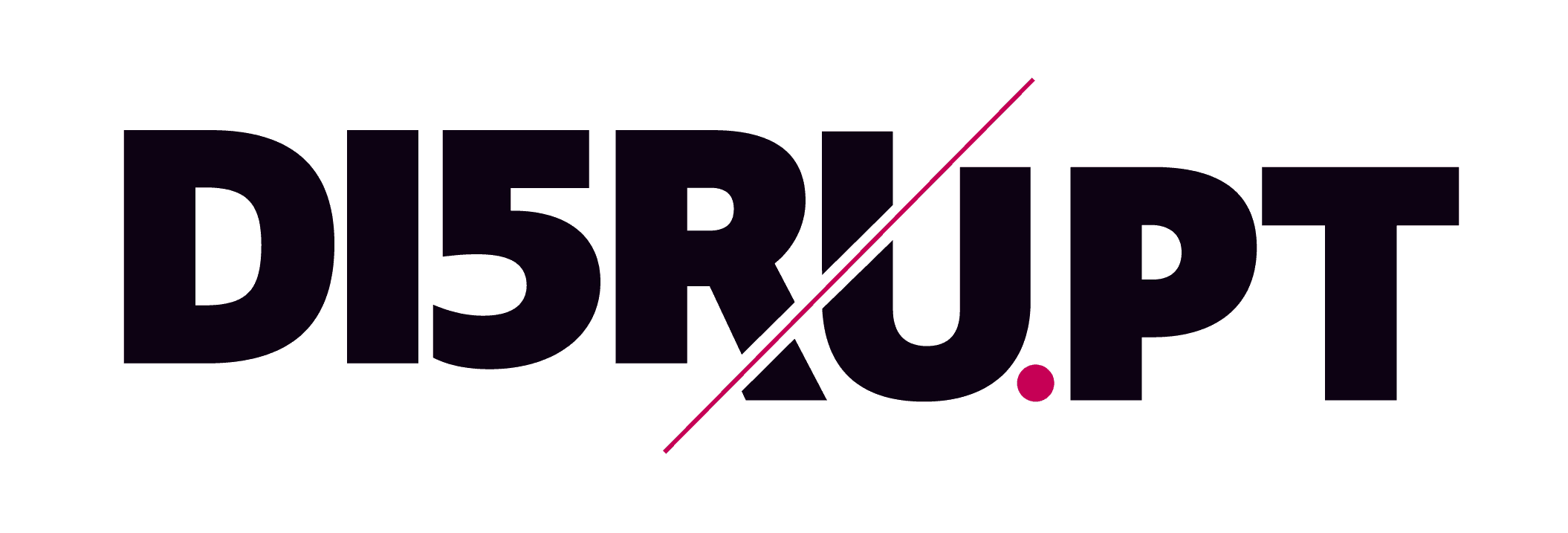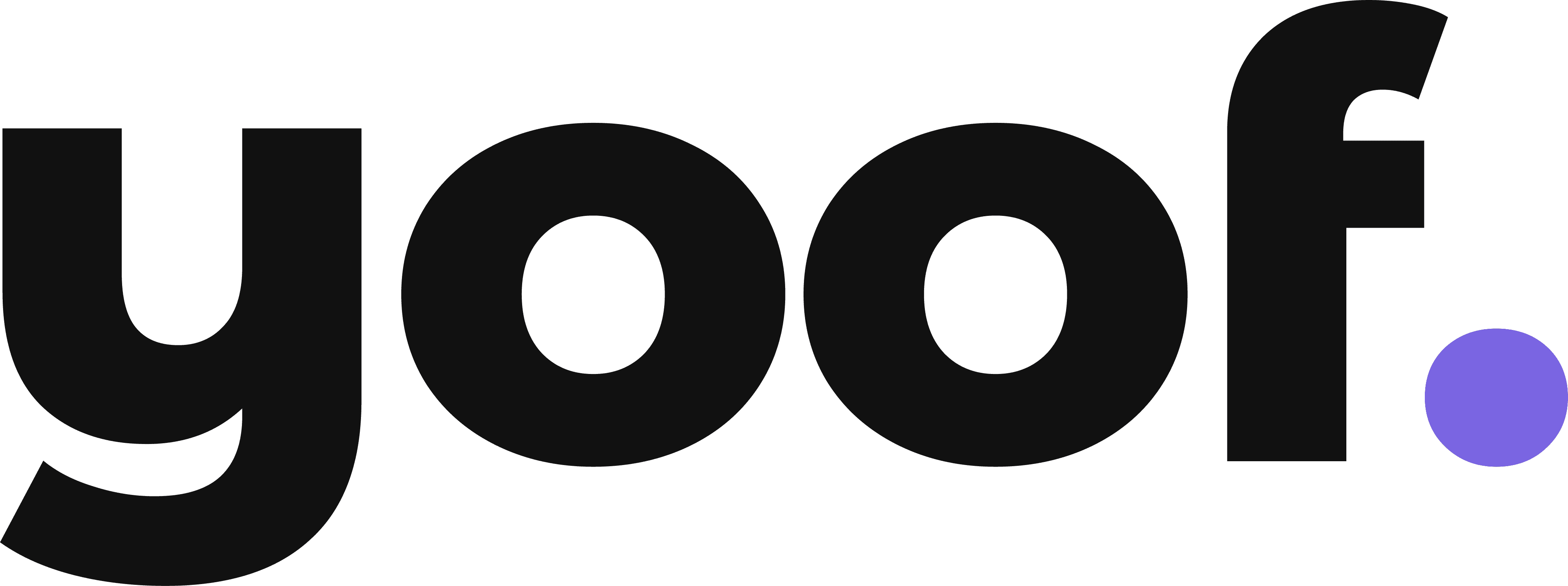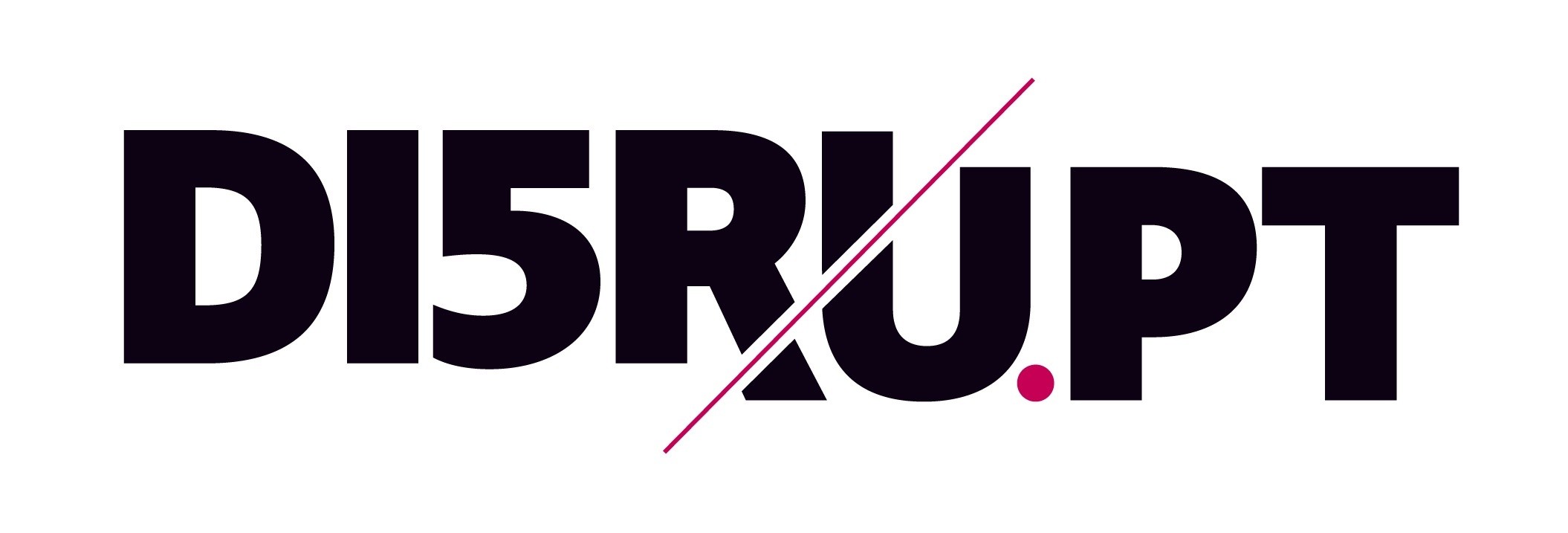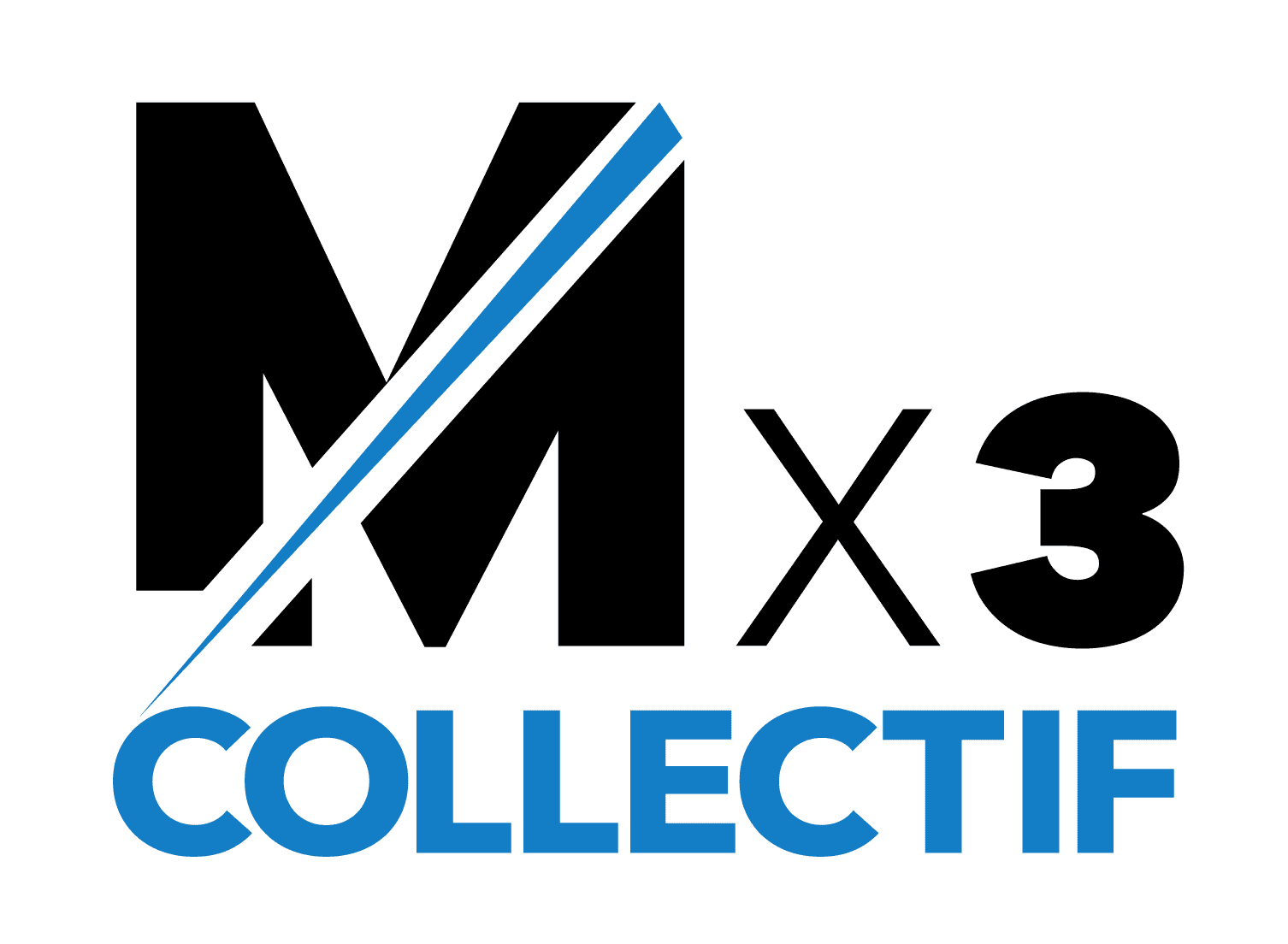
x
Report objectives
The objective of this analysis is to provide an extensive overview of artificial intelligence (AI) and its consequences, specially tailored for Generation Z. This generation marks a unique point in history, being the first to have fully integrated AI into their daily routines from a young age.
The Role of AI in Today’s Media Environment
It's important to understand the significant part AI plays in today's media landscape. AI's influence goes beyond just being present; it transforms many areas of our work and daily lives. This includes shaping the way we consume media, share content, and make decisions based on data.
Generation Z, who have grown up with AI technologies, naturally understand these tools well. As a result, they anticipate the same level of understanding from all the brands they interact with, including media companies. For this age group, it's important for brands to stay up-to-date and communicate in ways that truly resonate with them.
AI can offer special insights, personalized online experiences, and efficient ways to communicate. These features usually connect better with the tech-savvy Generation Z than human efforts to mimic their behavior, which can sometimes come across as forced or ironically, not genuine.
AI algorithms can process huge amounts of data, enabling them to grasp the preferences, behaviors, and interests of Generation Z. This deep understanding allows companies to tailor their marketing strategies and content to meet Generation Z's desire for personalization that matches their beliefs and values. This approach is key to attracting and keeping their attention.
AI’s Impact on News Consumption - A Guide for Media Practitioners
News corporations are being strongly urged to swiftly adapt their business strategies in order to remain in sync with the rapid advancements in AI technologies
Generative AI is revolutionising the manner in which journalistic articles are written, while studies like those from the Pew Research Centre underscore the potential of AI technologies to improve the precision of news consumption measurements.
Moreover, AI enables the provision of personalised news recommendations, facilitating access to relevant content that aligns with individual preferences and interests. This is vital in fulfilling Generation Z’s preference for tailored content.
Furthermore, AI-driven algorithms can mitigate the challenge of information overload by filtering and organizing news articles. This not only accelerates the delivery of credible news to consumers but also becomes instrumental in countering misinformation.
Contents
START HERE
Strategic approach
ETHICAL APPROACH
Practical approach
FINISH HERE



